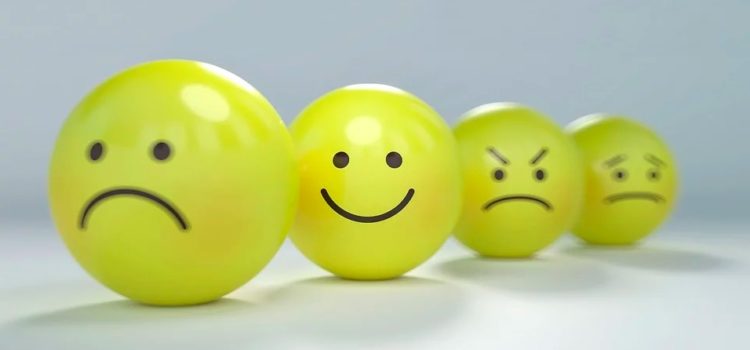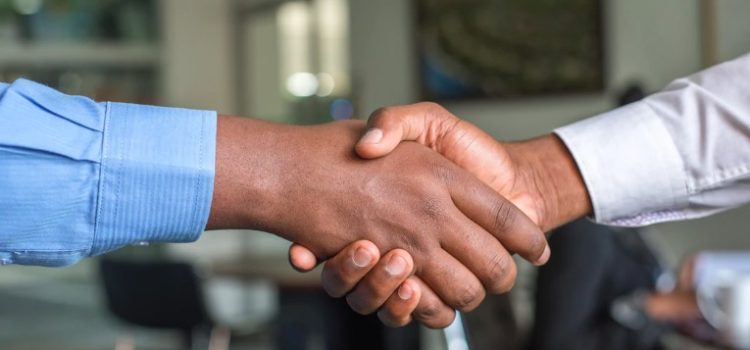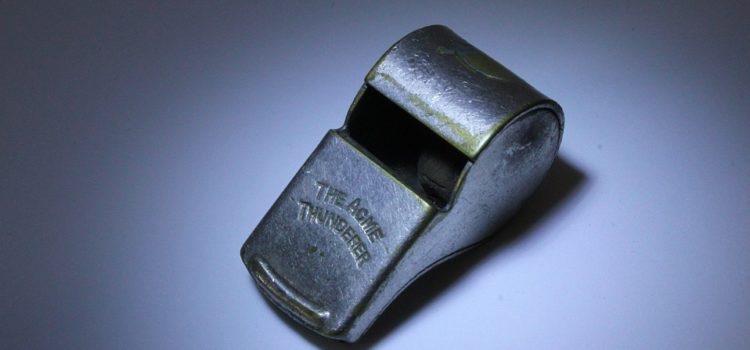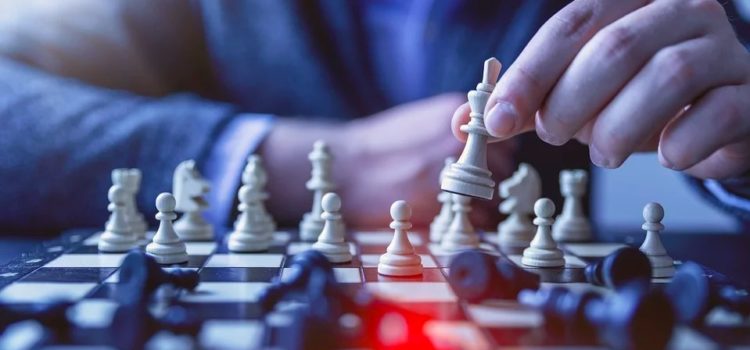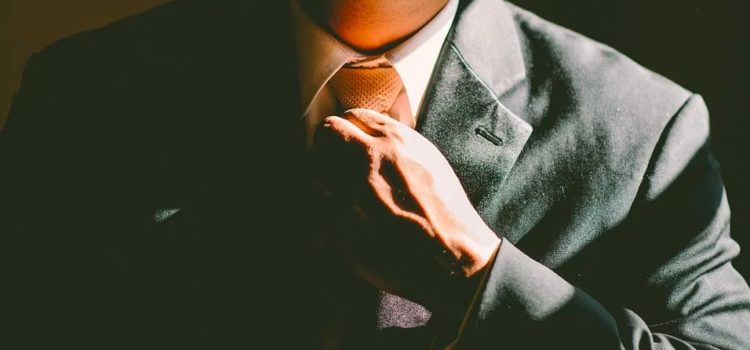What is Southwest Airlines’ marketing strategy? How has knowing their WHY led to a more successful business? We’ll cover Southwest Airlines’ marketing strategy and look at how they achieved success when they understood their purpose. From Simon Sinek’s Start with Why.
Southwest Airlines Marketing Strategy—How It Beats its Rivals



